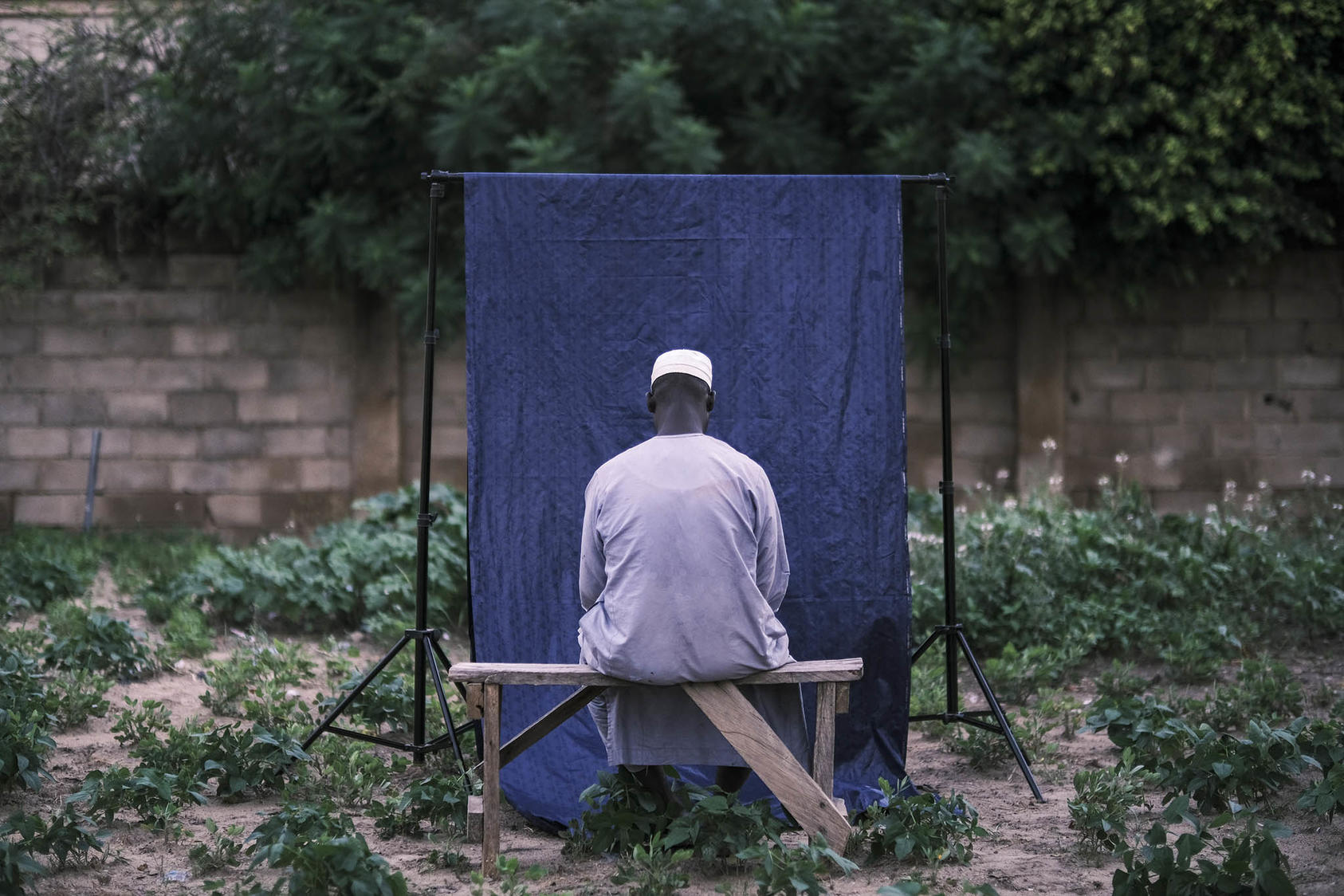Disengaging and Reintegrating Violent Extremists in Conflict Zones
Dealing with people who leave violent extremist groups has become one of the most pressing security issues of our time. Drawing on new primary research conducted by the author in Iraq, Syria, and Nigeria, and existing research on disengagement and reintegration, this report underscores the challenges of administering rehabilitation programs in conditions of chronic insecurity—and of doing so at a scale sufficient to make a difference to hundreds or even thousands of people in short order.

Summary
Violent extremism in conflict or postconflict zones, such as Nigeria’s North East region, northeastern Syria, and northern Iraq, presents a different set of challenges from terrorism in stable contexts. The threat posed by people who have been radicalized or recruited by extremist groups is highly context-dependent: people join or associate with violent groups for many reasons, but in conflict zones there is more forced and circumstantial recruitment.
Conflict zones are also different because violence and fragility create challenging conditions for programs that address violent extremism, including those that seek to disengage and reintegrate former violent extremists. Basic security and safety cannot be guaranteed, access to expertise is limited, and the prospects for former extremists are uncertain. Lacking control over these factors, disengagement and reintegration programs in conflict zones generally have fewer resources and less agency than those in stable settings. Conflict zones also present particular legal and ethical problems, including questions about the legal status of former suspected militants and supporters who have not been subjected to any legal process. Stigmatization is a particularly significant barrier to rehabilitation in conflict zones, and programs have the potential to aggravate as well as to mitigate stigma.
Practitioners and policymakers sometimes ask what treatments are effective for disengaging and rehabilitating violent extremists, but there are no tried-and-true solutions that work across contexts. Instead, drawing on an approach to understanding social change programs known as “realist evaluation,” which examines programs in terms of the relationship between their contexts, the outcomes they create, and the mechanisms they use, this report underlines the need to develop responses to former violent extremists that are both more varied and more specific. Programs need to be clear and specific in their aims and in which populations are being targeted: clarity in these matters will help determine what measures are appropriate in each instance. Such measures might focus on the conditions in which programs take place rather than on their content, or may seek to influence attitudes in receiving communities so that they become more receptive to reintegrating former extremists. With this approach, deradicalization, disengagement, rehabilitation, and reintegration—concepts that are the source of some confusion—can be seen as different but potentially valid aims of programs. Which aim is appropriate will depend on the context and on the target population.
The recommendations that conclude this report focus on matching mechanisms to target context, locale, and population. In particular, policymakers working on disengagement and reintegration should focus on which mechanisms will achieve what outcomes, and design programs that have sufficient flexibility to respond dynamically to increased understanding of the target group. The legal basis for interventions also needs to be clear and uncontested, and this requires concerted attention from governments and international organizations.
About the Report
Drawing on key informant interviews, focus group discussions, and an open-source literature review, this report explores how violent extremists can be disengaged in conflict zones and reintegrated into mainstream society. The report examines both actual interventions (where they exist) and the political and security environments for disengagement and reintegration in three case study countries: Iraq, Syria, and Nigeria. It is one of several reports to emerge from a research project funded by the Countering Violent Extremism program at the United States Institute of Peace.
About the Author
Andrew Glazzard, a 2020–21 Jennings Randolph Senior Fellow at USIP, is Professor of National Security Policy and Practice at Coventry University, UK. He was director of national security studies at the Royal United Services Institute in the UK (2015–20) following a 20-year career in the British government.



